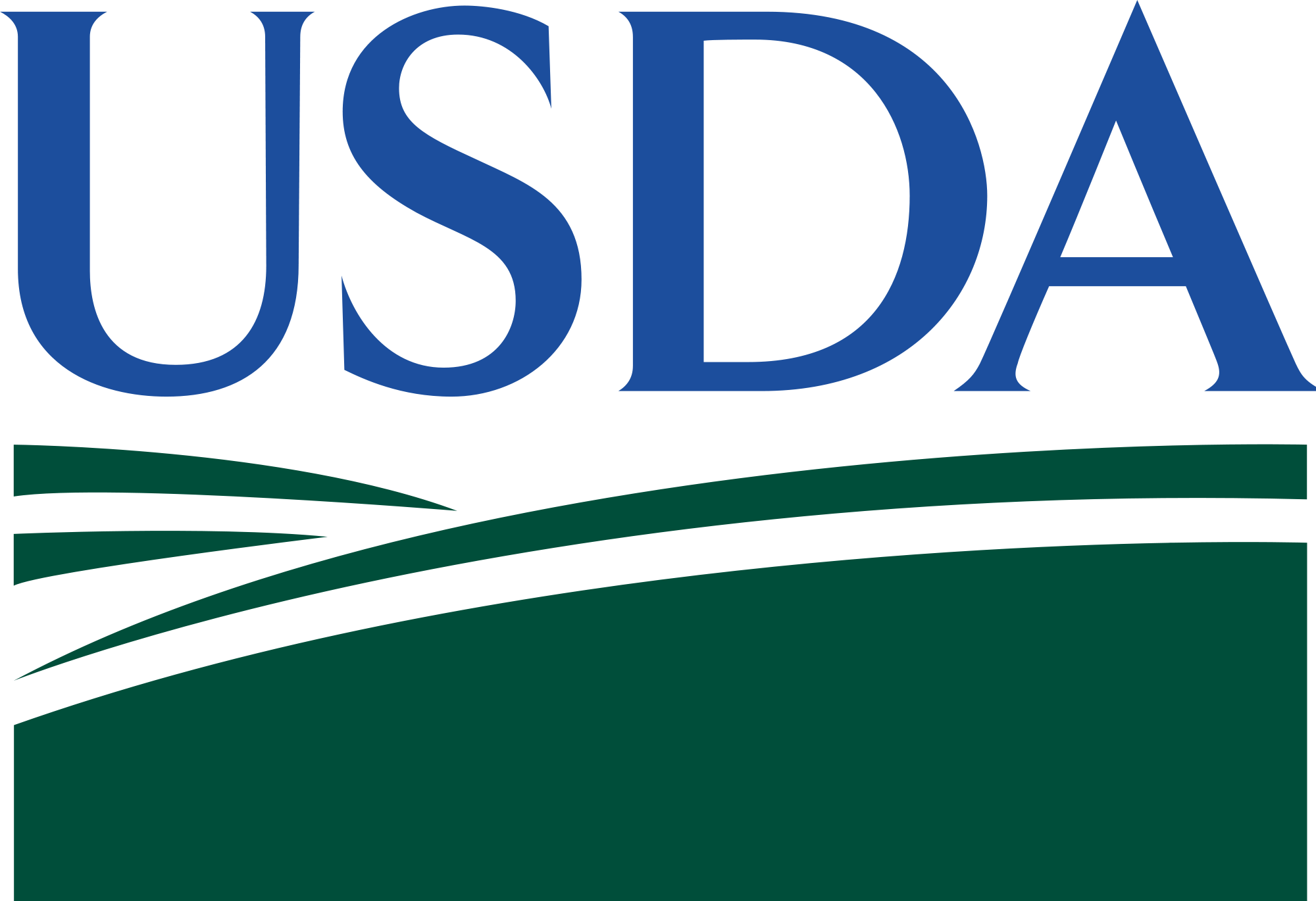Thomas Jefferson Correspondence
Content Description
The Thomas Jefferson Correspondence consists of eleven letters to Jefferson, from Jefferson, and about Jefferson (1786-1819) and a set of four letters (1915) between W. K. Bixby and Secretary of Agriculture D. F. Houston, regarding Jefferson letters that Bixby had found and sent to Houston. Houston later placed the Jefferson letters in the Department of Agriculture Library. The Jefferson letters contain information on agricultural topics, such as nursery stock purchased by Jefferson, a request to Jefferson for an appointment to a federal agricultural office, letters from Jefferson transferring "millet seed" and "succory seed" to various acquaintances in the United States and Canada, and a letter to Jefferson from Lord Sheffield of the Board of Agriculture in London, England, commenting on Jefferson's invention of a mould board for use in farming.
Dates
- Creation: 1786-1993
Conditions Governing Access
Contact Special Collections for access.
Biographical Sketch
Thomas Jefferson (1743-1826), one of the founders of the United States, was born into a family of high social standing in Albemarle County, Virginia. His father, Peter Jefferson, was an agriculturalist who had a 1,900-acre plantation, on which he primarily grew tobacco and wheat. Thomas inherited the entire family estate upon his father's death in 1757. He attended the College of William and Mary, and also studied law under George Wythe. Jefferson was admitted to the Virginia bar in 1767.
Jefferson was best known for his career in public service, which began when he became a member of the Virginia House of Burgesses in 1769. Other major positions Jefferson held in public office include delegate to the Second Continental Congress; governor of Virginia; foreign minister to France; Secretary of State; Vice President of the United States; and President of the United States. Among Jefferson's greatest accomplishments as President were the Louisiana Purchase and the Lewis and Clark expedition, both of which enabled the country to expand and develop.
Despite a long career in public service, Jefferson never lost his strong interest in agriculture. He had begun his career as an agriculturalist at the age of 21, when he was legally able to take over his father's estate. As a statesman, he represented himself as a farmer. In addition to his inheritance, Jefferson owned over 5,000 acres in Albemarle County that he maintained as a plantation. The home farm within this plantation was Monticello, which was atop a mountain.
After the end of his second term as President in 1809, Jefferson retired to Monticello. In his retirement, Jefferson advised Presidents Madison and Monroe, and also helped found and design the University of Virginia.
Total Size of Collection
2 boxes (1 box, 22 x 15 x 2 conserved letters; 1 box, 15.5 x 10.5 x 3)
2.5 Linear Feet (2 boxes)
Language of Materials
English
Alternate Call Number
S441 J43 R
- Status
- Completed
- Description rules
- Describing Archives: A Content Standard
- Language of description
- Undetermined
- Script of description
- Code for undetermined script
Repository Details
Part of the National Agricultural Library Special Collections Repository
National Agricultural Library
10301 Baltimore Avenue
Room 309
Beltsville Maryland 20705 USA
301-504-5876
 An official website of the United States government.
An official website of the United States government.
